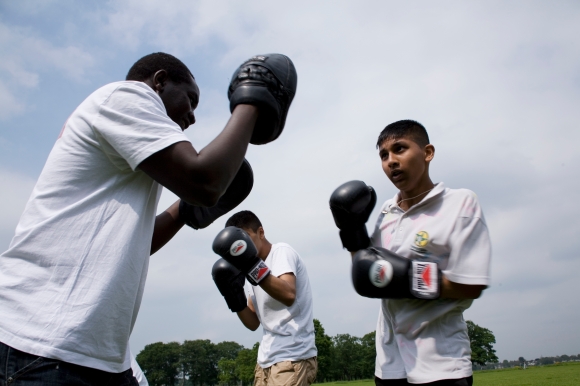This Sunday we celebrate the Feast of Candlemas . The Gospel reading (Luke 2.22-40) recounts Jesus’ presentation in the temple, forty days after his birth. Simeon and Anna have been watching and waiting in the temple, it having been revealed to Simeon that ‘he would not see death before he saw the Lord’s Messiah’. As Mary and Joseph present Jesus in the temple, Simeon takes him in his arms and recites a prayer used in countless churches every evening down the centuries which have followed (at Evensong or Night Prayer):
Master, now you are dismissing your servant in peace, according to your word; for my eyes have seen your salvation, which you have prepared in the presence of all peoples, a light for revelation to the Gentiles and for glory to your people Israel.
Simeon then goes on to warn Mary:
This child is destined for the falling and the rising of many in Israel, and to be a sign that will be opposed so that the inner thoughts of many will be revealed—and a sword will pierce your own soul too.
Candlemas is a sort of ‘hinge’ in the Christian year – as we turn from the cycle of Advent, Christmas and Epiphany (focusing on the birth of Christ, and his light dawning upon a broken world) towards the cycle of Lent, Easter and Pentecost (focusing on the cross and resurrection – and the birth of the Church as an ongoing witness to that saving work). Simeon’s prophecy looks back and forward – hailing the Christ-child as a ‘light for revelation’ and warning Mary that he will grow up to be ‘a sign that will be opposed’.
The prayers in Common Worship reflect this:
Father, here we bring to an end our celebration
of the Saviour’s birth.
Help us, in whom he has been born,
to live his life that has no end.
Here we have rejoiced with faithful Simeon and Anna.
Help us, who have found the Lord in his temple,
to trust in your eternal promises.
Here we turn from Christ’s birth to his passion.
Help us, for whom Lent is near,
to enter deeply into the Easter mystery.
As we read the Candlemas Gospel, we find a great richness of themes to reflect upon – themes which are not simply of theoretical interest, but which should shape our life as Christ’s Body today. These include…
– The remarkable way in which wisdom and patience of old age (embodied in Simeon and Anna) encounters the potential of new life – How do we celebrate all ages, and their contributions to the Body of Christ in the life of our local churches?
– The central place of waiting in the life of Christian discipleship – What is the place in our church’s life for silence and stillness – not as an escape from life, but as an essential precondition of faithful and courageous action?
…The combination in the Christian life of delight and of sacrifice How do we combine the joyful celebration of the light of Christ with a recognition of the swords that continue to pierce the disciple’s heart?
Prayer Intentions
Pray for all Christians planning their individual and corporate observance of Lent – that it may include space the genuine, attentive waiting on God which we see in Simeon and Anna. Pray for all who will take part in the Contextual Theology Centre’s Lenten Quiet Afternoon on the theme of silence.






